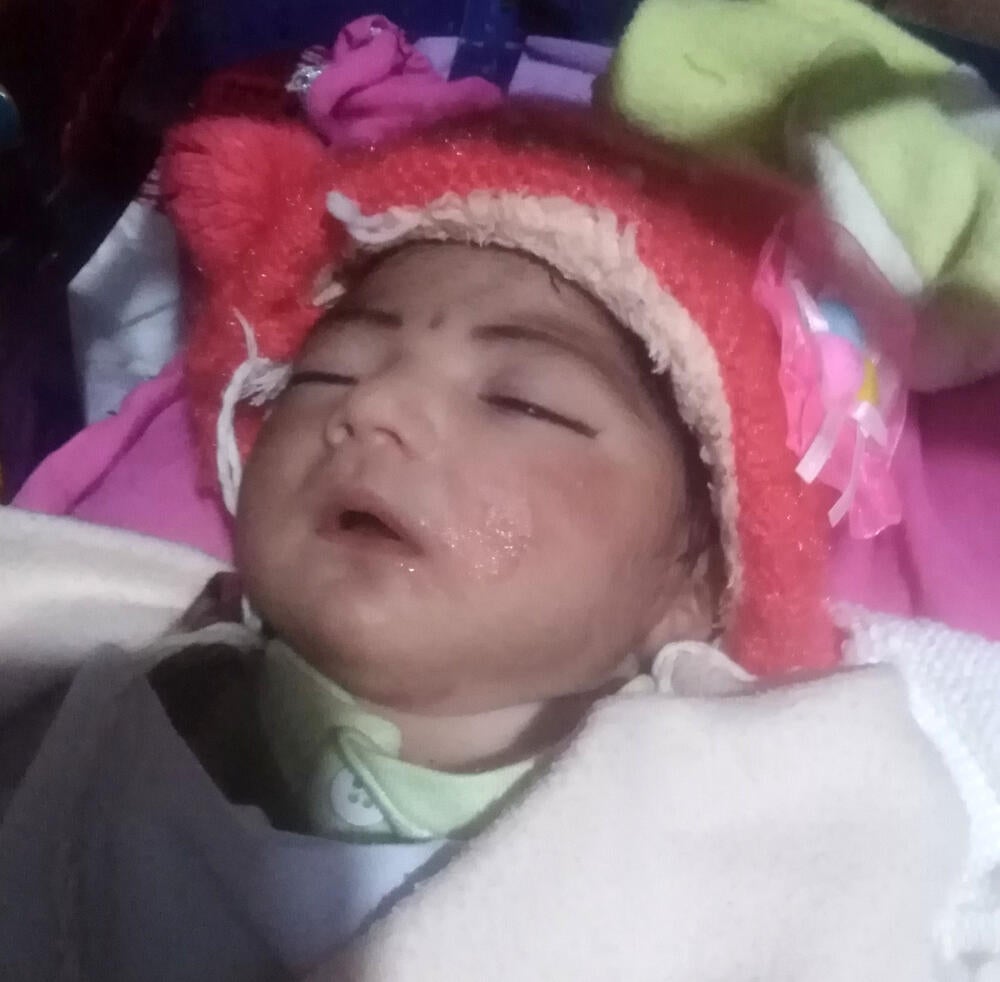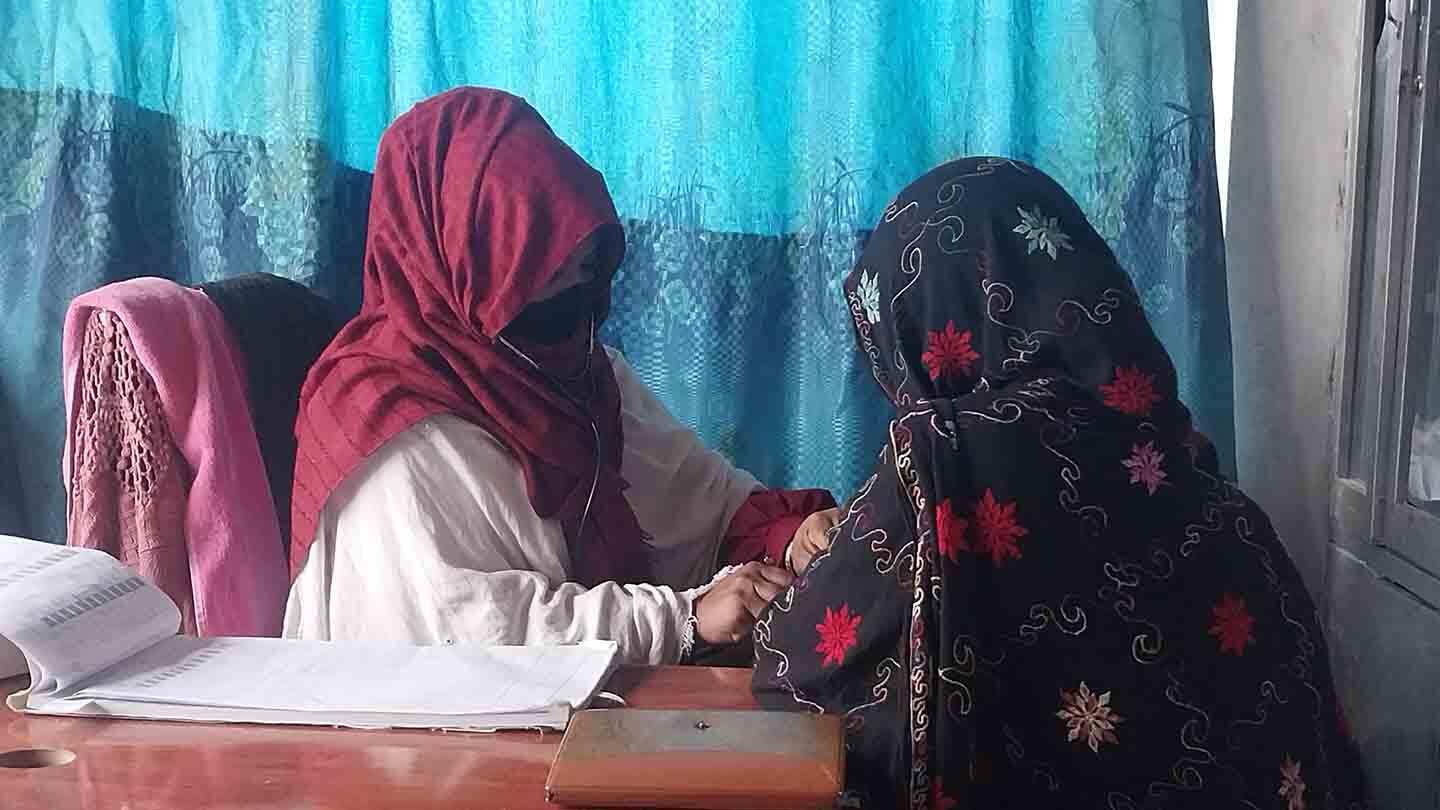Paktia, Afghanistan – For many women, the first pregnancy is a time of great joy and anticipation to meet their firstborn. But for young mother Bibi Ana, the journey to her first childbirth was fraught with fear and worry.
Bibi Ana, 20, had a reason to feel anxious. She still remembers the day two years ago when she heard the news about her friend, Najiba, whose pregnancy ended in the tragic death of her baby during delivery.
"The room fell silent when we heard the shocking news,” Bibi Ana recalled. “The whole village was heartbroken.”
Having had two miscarriages before, Najiba had a difficult pregnancy and carried it to term without the care of a skilled midwife. Worse, it was winter when she went into labour. Her family could not immediately take her to a hospital because it was snowing heavily, and the roads were blocked.
When the snowfall ended and the roads were cleared, Najiba was finally taken to a hospital. But it was too late. Najiba was not in the best of health during her pregnancy, which factored into the complications that occurred during the delivery. In the end, doctors could not do anything to save the baby.
When she got pregnant last year, Bibi Ana was haunted by Najiba’s tragedy. However, she did not allow her fear to overcome her and instead made sure she would not suffer the same fate. Thanks to the presence of a UNFPA-supported Family Heath House (FHH) in Kamran Khail Village, she got the professional care of a midwife, which her friend, Najiba, did not enjoy before.
While she worried about the health of the child in her womb, Bibi Ana regularly visited the midwife who ensured her healthy pregnancy.
"My husband had to leave to work in Saudi Arabia during my pregnancy,” Bibi Ana said. “He was reluctant to leave because he worried about me and my pregnancy. But I reassured him—my family would take me to the Family Health House so I can safely deliver."
"On February 18, I gave birth to my first child in this health facility," Bibi Ana shared with a smile. "Thanks to Noor Zaiba, the midwife who ensured my child and myself were healthy."

Bibi Ana said that during one of her antenatal visits to the FHH, she sat in the waiting room with her friend Najiba, who is also pregnant again – but this time receiving care from a skilled UNFPA-supported midwife. The fear that once loomed over every pregnancy in the village has begun to fade.
"I am three months pregnant now,” Najiba said. “I regularly see the midwife and get the advice necessary for a healthy pregnancy and safe childbirth.”
The lifesaving change happened for women in the Kamran Khail Village because of the continued operation of the FHH through funding support from UNFPA's core resources. Today, people from this remote village can count on midwives who provide life-saving maternal and newborn health services. In February 2025 alone, Noor Zaiba, the midwife of the FHH, attended to nearly 900 women and girls, including nine deliveries. Midwives like Noor Zaiba do not just provide medical care—they also transform women’s fear into confidence and bring hope to the village despite the isolation.


